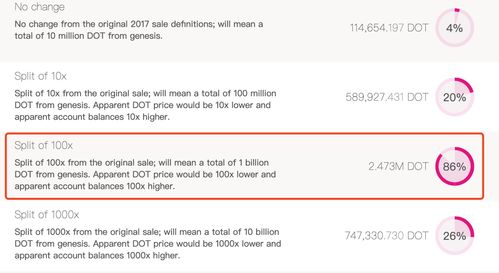Bitcoin, the first decentralized digital currency, has gained significant interest and adoption since its inception in 2009. Its potential applications extend beyond being a mere store of value or means of transaction. Let's explore some of the key applications of Bitcoin:
One of the primary use cases of Bitcoin is enabling peertopeer transactions without the need for intermediaries such as banks. Individuals can send and receive funds directly, quickly, and with relatively low fees compared to traditional banking systems. This feature is particularly valuable for crossborder transactions.
Bitcoin has been compared to digital gold due to its scarcity and potential to serve as a store of value. Some investors view Bitcoin as a hedge against inflation and economic uncertainties, similar to how gold has been used historically. The limited supply of Bitcoin (21 million coins) contributes to its perceived value as a longterm investment.
Bitcoin has also paved the way for the development of smart contracts and decentralized finance (DeFi) applications. While Ethereum is more commonly associated with smart contracts, Bitcoin's underlying technology, the blockchain, can be leveraged for creating selfexecuting contracts and various financial services without the need for intermediaries.
Bitcoin proves to be a valuable tool for facilitating remittances, especially in regions where access to traditional banking services is limited. By using Bitcoin, people can send and receive money quickly and securely across borders, thereby reducing the costs associated with traditional remittance services.
Bitcoin offers a certain level of privacy and security in transactions compared to traditional payment methods. While transactions on the Bitcoin blockchain are transparent and public, users can still maintain a degree of anonymity. Additionally, the cryptographic nature of Bitcoin transactions ensures a high level of security against fraud and unauthorized access.
Bitcoin has been utilized for fundraising and crowdfunding purposes, offering a decentralized and accessible way for projects and causes to raise funds. Through initial coin offerings (ICOs) and token sales, startups and organizations can attract investment from a global pool of investors without geographical restrictions.
Bitcoin's blockchain technology has enabled the tokenization of assets, allowing for the representation of physical or digital assets on the blockchain. This concept has broad implications for ownership rights, as assets can be divided into tokens that represent ownership stakes. Tokenization can revolutionize asset trading and management.
As Bitcoin continues to evolve and gain acceptance, its applications will likely expand further, shaping the future of finance, technology, and beyond. With its decentralized nature, security features, and potential for innovation, Bitcoin remains a transformative force in the digital age.

版权声明:本文为 “联成科技技术有限公司” 原创文章,转载请附上原文出处链接及本声明;

